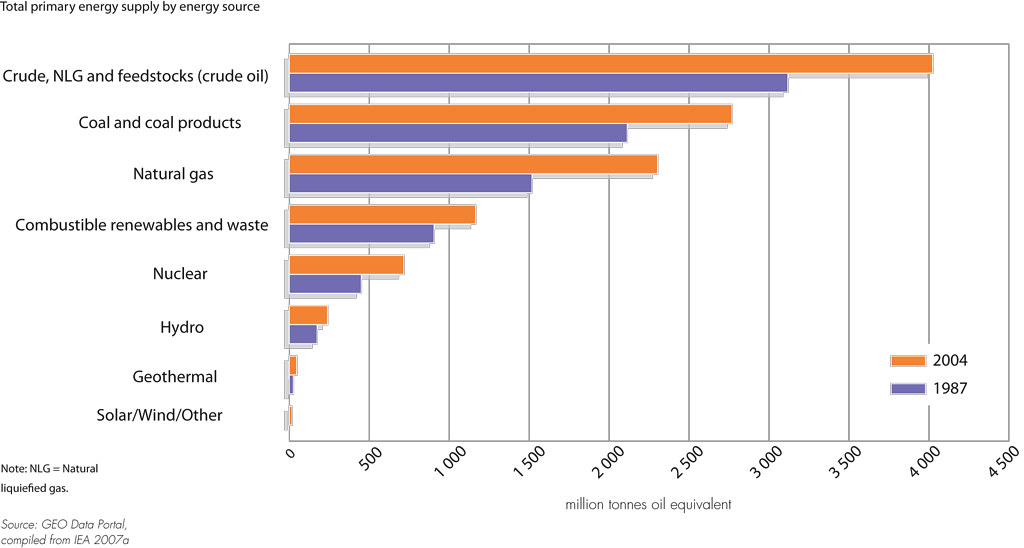
In this article I will discuss some of the many benefits of using solar energy for home use. There are many benefits to solar energy for home use, including reduced greenhouse gas emissions, reduced carbon footprint and lower water pollution. The best part is that solar panels can help reduce or eliminate your utility bills. These savings can add up over time and can amount to significant savings. This article will also explain how to start solar energy home use.
Reduces greenhouse gas emissions
Residential solar power can be a great way for you to save money and decrease greenhouse gas emissions. Federal and state governments often offer incentives to solar power installations. This is an excellent investment for the long-term. If you don't have the resources to install solar panels yourself, you can offset carbon dioxide emissions by purchasing "green tags" that produce renewable power for the grid. These programs are available online in a variety of formats.
Solar power reduces greenhouse gases emissions by reducing household dependence on the electric company. The solar energy can also be stored for later usage. It reduces the household's carbon footprint which is a measure to total greenhouse gas emissions. The household's carbon footprint includes many factors like how much fuel an individual or family uses, what kind of purchasing habits they have, and their lifestyle. You can drastically reduce your carbon footprint by using solar energy.
Water pollution is reduced
Solar energy is a renewable energy source that reduces dependence on petroleum products. It can also be used as an alternative to fossil fuels or nuclear energy. According to the United Nations Environmental Program (UNEP), solar energy plants use only a fraction as much water as fossil fuel plants.

It is possible to reduce carbon emissions and water usage by switching to renewable energy sources. According to the study switching to renewable energy in water-stressed regions would reduce carbon emission by approximately 20% and water consumption by 7 percent, respectively. The switch to solar power would also bring down the carbon emissions and water use of chemical companies.
Reduces carbon footprint
A growing share of our energy comes from solar energy. It plays an important role in fighting climate change. Photovoltaic cells and solar radiation-concentrating mirrors convert sunlight to electrical energy. The energy is stored in thermal or batteries.
Solar energy has many benefits. These benefits include reducing your household's carbon footprint. A household's carbon footprint is the amount of greenhouse gases produced by its activities. A household's carbon footprint depends on the amount of fuel it uses, the distance it travels, and the type of energy used to produce electricity. Your household's carbon footprint can be significantly reduced by switching to renewable energy. You can also reduce your household's carbon footprint by buying organic, local food, gardening, and hanging your clothes up to dry rather than drying them.
Reduced costs
Soft costs are the biggest barrier to solar technology implementation. Industry must find ways of reducing them. Soft costs may include permitting and labor costs, as well as overheads in the supply chain. Aurora has launched a number of initiatives to reduce these soft costs. These initiatives can increase solar production and installation, as well reduce the overall cost for solar energy.
Aurora Solar is an example of a highly successful company. It recently received two Sunshot grants. It is working to make the design process more efficient, and has developed a method for evaluating potential customers for solar suitability. This will bring down the cost per Watt by approximately 20%.

Tax credit
Installers of solar-powered systems can get a tax credit from the federal government. The credit is calculated on the total cost for installing solar-powered equipment. It can be up to 30%. But, the tax credit available for solar energy isn't guaranteed to be there for a long period. This credit is only available to those who have purchased a new solar system and not installed one before. It does not apply for used systems.
Since 2005, federal officials have been encouraging solar energy adoption. The government offers homeowners who make the switch to solar energy a tax credit. This credit was introduced in 2005. This credit, also known as the federal solar credit, allows taxpayers a deduction of up to 30% on the cost of installing solar systems. This credit will expire after 2035, unless Congress acts.